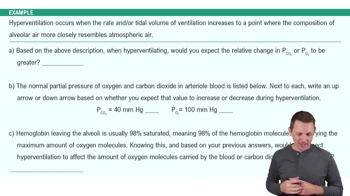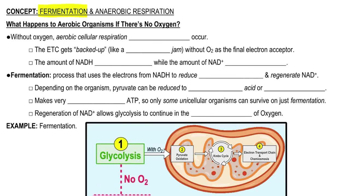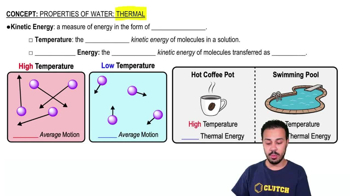Multiple Choice
What is found in the space between the pleural layers?
359
views
 Verified step by step guidance
Verified step by step guidance Verified video answer for a similar problem:
Verified video answer for a similar problem:



 5:45m
5:45mMaster Forces That Shape the Lungs with a bite sized video explanation from Bruce Bryan
Start learning